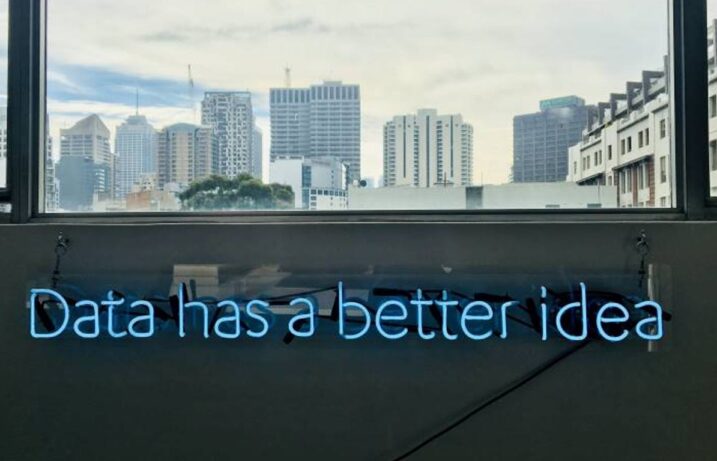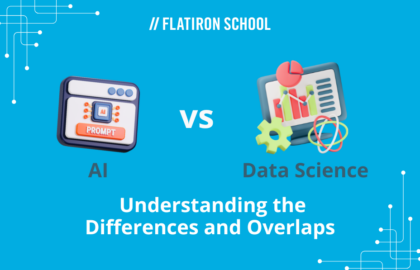Data Science is one of the fastest growing, most lucrative and most interesting careers options available. But a lot of prospective students are concerned that they may not have enough background in math or programming to become a Data Scientist. In fact, one of the most common questions we hear at Flatiron School is “don’t you need a PhD?”
Here is our quick guide to the two different types of Data Science roles – and the skills that you really need to break into the field.
The two types of Data Scientist
The term “Data Scientist” can be confusing- it conflates two very different roles.
The Data Science researcher
If you want to invent ground-breaking solutions for self driving cars or work in a research lab creating new algorithms for the rest of the Data Science community to use, you’re still going to need a very strong background in math and either a lot of industry experience or a PhD from one of the top Data Science programs in the world.
To invent new algorithms you need to have an extremely strong foundation in statistics, linear algebra and calculus. You also need years of experience applying current models to real world problems, and ideally a history of publications at top conferences like NeurIPS.
The practical Data Scientist
However, the vast majority of data scientists aren’t doing that kind of work. It’s just like software engineers. Most of them aren’t developing new programming languages or libraries. They’re using existing languages and libraries to build useful apps and websites for organizations that need them.
Data Science is about finding meaning in data. Companies of all sizes and types need capable Data Scientists to help them to improve their results by analyzing and interpreting their data. To do this, most Data Scientists use well established libraries like Scikit-learn and Tensorflow. To be a successful Data Scientist, you need to learn what the various algorithms are, how to tune them and where they might produce misleading results, but that doesn’t require a deep background in either math or programming.
What do you need to know?
In our Data Science bootcamp, we only require that our students understand high school math and are capable of learning the basics of programming.
Basic algebra required
You need to understand the basics of algebra. If you’ve never seen a problem like “2x = 12 – what does x equal?” then you probably need a little practice before you’re ready for a Data Science bootcamp.
That said, you don’t need to be a whiz at double integrals or comfortable with calculating derivatives algebraically. That’s not how you’re going to be spending your time as a Data Scientist. You need to understand that an integral represents the area under the curve for an expression and that a derivative represents the slope of the curve. If you can grasp those basic concepts, they’ll serve you well for doing everything from performing simple linear regressions to working with neural networks.
Comfortable with code
Equally, if the thought of typing into a terminal window or reviewing a few lines of code fills you with terror, you’re not going to have much fun as a Data Scientist. But you don’t need to be able to write your own compiler to work in the field. As long as you can get comfortable with “computational thinking” – the process of decomposing bigger problems into smaller ones that a computer can reason about – you’ll be just fine.
What Makes a Great Data Scientist?
The important thing to realize is that even if you were never the best at math and don’t consider yourself to be a “natural” programmer, you can still become a great Data Scientist. The best Data Scientists don’t usually produce better results than their peers by solving harder math problems. They do so by asking better business questions, organizing their time more effectively, and communicating their results more persuasively to their business stakeholders.
In our experience, some of the strongest students are those that bring their previous life experiences to their new job – whether that’s a background in the industry they’re looking to work within, strong written and communications skills or the organizational and prioritization skills that can be learned in a wide range of roles (or by raising a family).
Want to try your hand at some Data Science problems to see if you’d enjoy the field? Why not check out our free online Data Science Bootcamp Prep course?




